
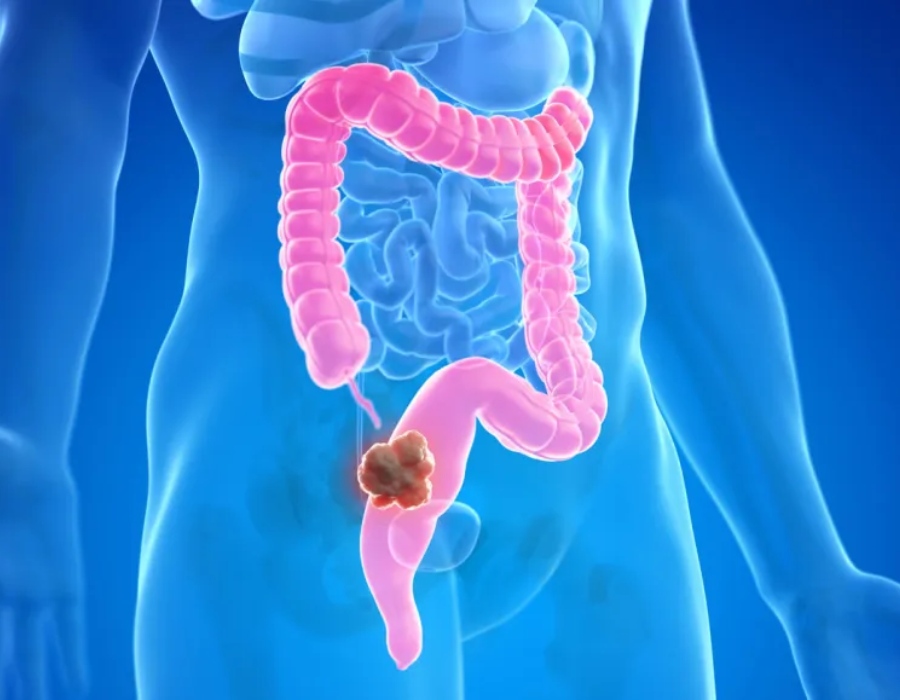
About Colon Cancer
Colon cancer, also known as colorectal cancer, is a type of cancer that starts in the colon or rectum. It is the third most common type of cancer in both men and women. Colon cancer starts as small, noncancerous clumps of cells called polyps, which can eventually turn into cancerous tumors if left untreated.
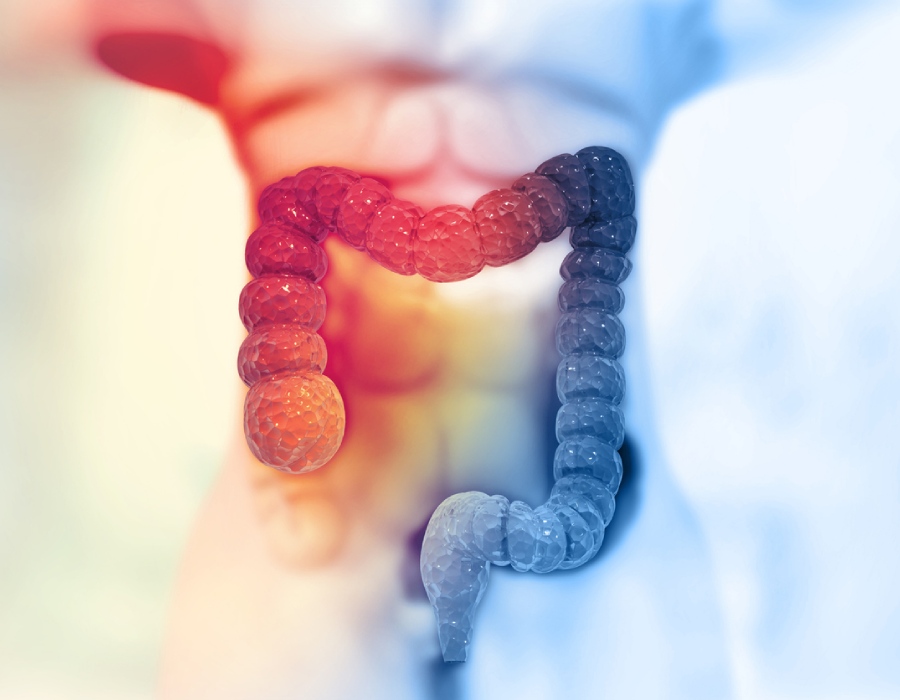
Precautions & Factors:
Precautions:
- Maintain a healthy lifestyle: Eat a diet rich in fruits, vegetables, and whole grains, limit processed foods and red meat, and exercise regularly.
- Stay at a healthy weight: Obesity increases colon cancer risk.
- Don’t smoke: Smoking significantly raises your risk.
- Limit alcohol: Excessive alcohol intake contributes to increased risk.
Get regular screenings: Starting at age 45 (or earlier if at high risk), schedule colonoscopies or other recommended screening tests.
Risk Factors:
- Age: Risk increases with age, especially after 50.
- Family history: Having a close relative with colon cancer increases your risk.
- Inflammatory bowel diseases: Chronic conditions like Crohn’s disease or ulcerative colitis raise risk.
- Personal history of polyps: Polyps in the colon can develop into cancer if not removed.
Certain genetic syndromes: Mutations in certain genes can significantly increase risk
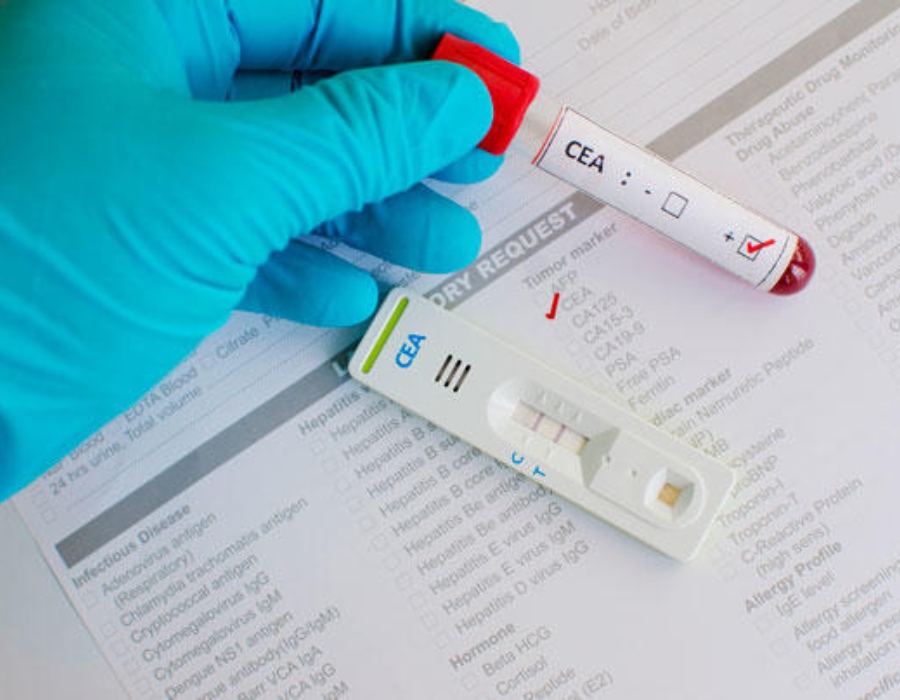
Assessment:
Initial Consultation: This starts with a detailed discussion of your medical history, including family history of colon cancer, personal history of polyps or inflammatory bowel diseases, and overall lifestyle habits. Symptoms like persistent changes in bowel habits, blood in stool, or unexplained weight loss are also crucial factors.
Physical Examination: Your doctor will perform a physical exam, paying attention to abdominal tenderness or masses. A digital rectal exam may also be conducted to check for abnormalities in the rectum and lower colon.

Signs & Symptoms:
Colon cancer often develops silently, without causing any noticeable symptoms in its early stages. However, as the disease progresses, certain signs and symptoms may emerge, urging you to seek medical attention. Here are some key ones to be aware of:
- Changes in bowel habits: This is the most common sign, including persistent diarrhea, constipation, or a change in stool consistency (narrower stools). You may also experience a sensation of incomplete bowel emptying after going to the toilet.
- Blood in stool: This can appear bright red, dark red, or tar-like, and while it might not always indicate cancer, it’s crucial to get it checked by a doctor regardless.
- Abdominal pain or cramping: Persistent abdominal pain, bloating, or discomfort, especially if accompanied by other symptoms, can be a sign of colon cancer.
- Unexplained weight loss: If you experience unexpected weight loss without trying, particularly alongside other symptoms, it warrants evaluation.
- Fatigue and weakness: Feeling tired and low on energy can be a general symptom of various conditions, but in conjunction with other signs, it shouldn’t be ignored.
- Iron deficiency anemia: This condition, characterized by low red blood cell count, can sometimes be caused by undetected blood loss from colon cancer.
- Rectal bleeding: While hemorrhoids can also cause rectal bleeding, persistent bleeding not explained by hemorrhoids requires medical attention.
- Changes in appetite: Loss of appetite or difficulty eating can be signs of various issues, including colon cancer.
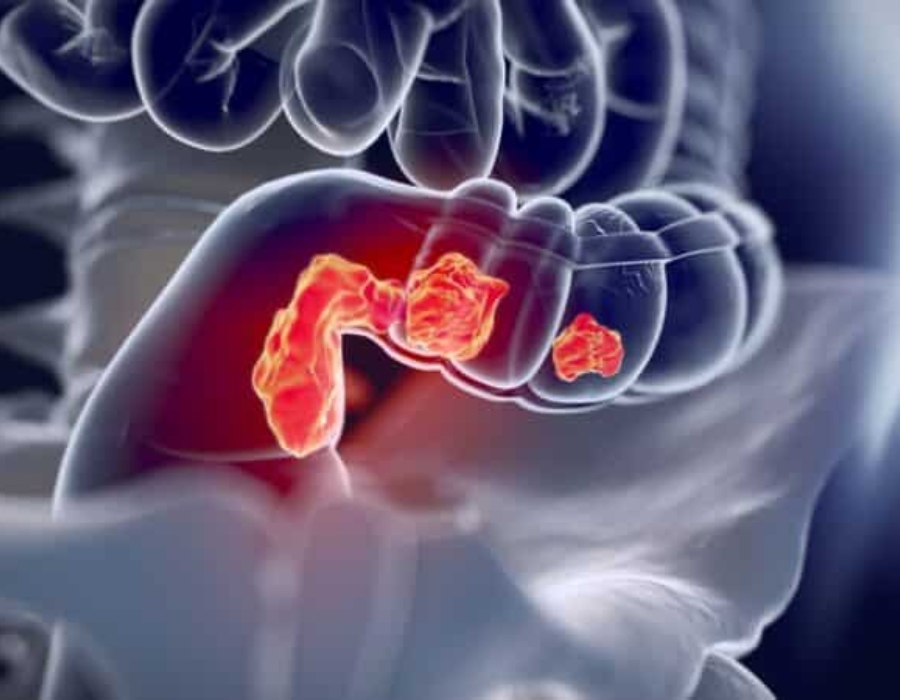
Evaluation:
However, I can provide some general information about the colon cancer evaluation process:
- A multi-step approach: Evaluating colon cancer typically involves a comprehensive process led by gastroenterologists or oncologists. It aims to accurately identify the presence and characteristics of any potential cancer, including:
- Detailed medical history: This involves discussing your family history, personal history of polyps or inflammatory bowel diseases, lifestyle habits, and any current symptoms.
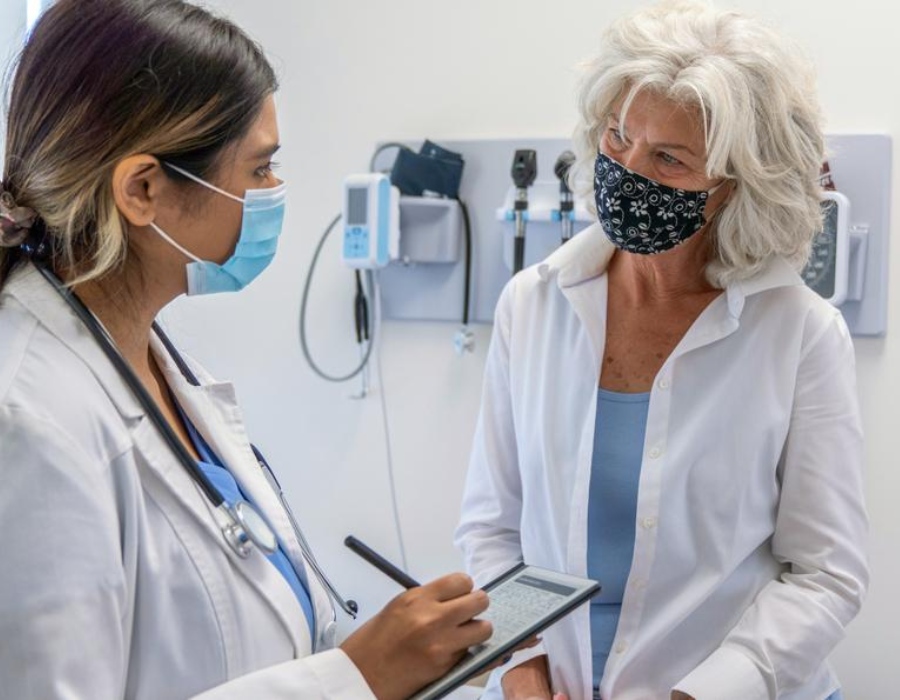
Instructions during Treatment:
Following your doctor’s orders is paramount. Strictly adhere to medication schedules, dietary restrictions, and activity limitations prescribed by your doctor, as these contribute significantly to successful treatment.
Managing side effects is crucial. Different treatments come with varying side effects, such as fatigue, nausea, pain, or bowel changes. Don’t hesitate to report any discomfort to your doctor so they can suggest effective management strategies,
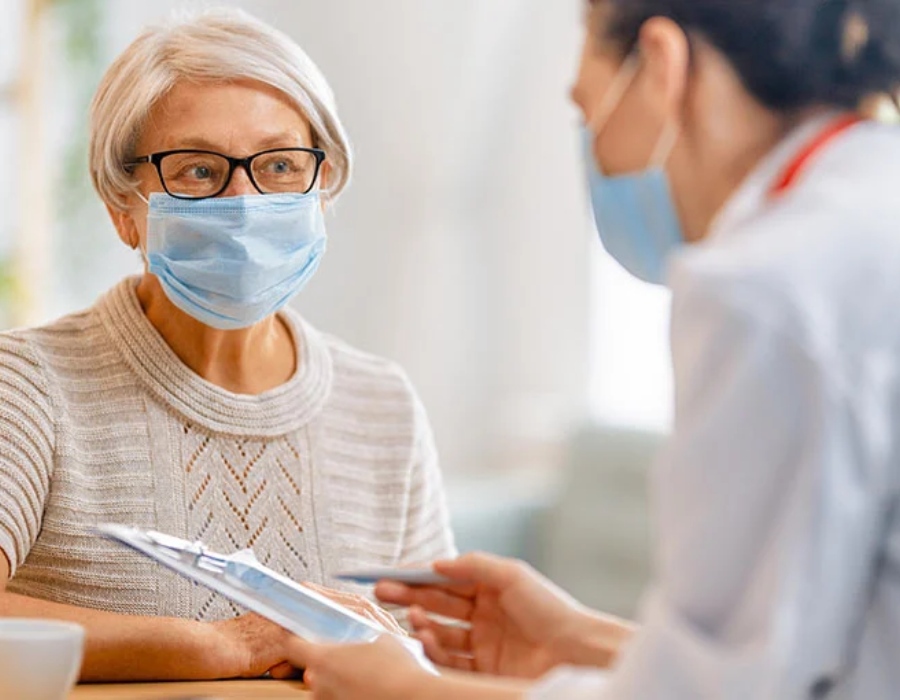
Post Treatment Support:
Colon cancer treatment ends, but your journey continues. Here’s your 100-word guide to post-treatment support:
- Physical: Regular follow-ups, managing long-term effects (fatigue, pain), rehabilitation for physical changes.
- Emotional: Support groups, therapy, counseling to navigate emotions and fears of recurrence.
- Nutritional: Maintain healthy eating habits for long-term well-being.
- Exercise: Gradually return to physical activity as approved by your doctor.
- Social: Reconnect with loved ones, find new activities, rebuild your sense of normalcy.
- Financial: Explore resources for managing treatment costs and navigating insurance.

FAQ's:
Q: Can colon cancer be prevented?
A: No guaranteed way, but healthy lifestyle (diet, exercise, weight control) reduces risk.
Q: Is colon cancer hereditary?
A: Family history increases risk, but most cases aren’t directly inherited. Genetic testing may advise further steps.
Q: Can colon cancer be cured?
A: Depends on stage and type. Early detection improves cure chances. “Cured” means no evidence for several years.
Q: Can colon cancer be treated with alternative therapies?
A: May complement conventional treatment, but not replace it. Discuss with doctor for safety and effectiveness.
Q: Can I still lead a normal life after treatment for colon cancer?
A: Many thrive after treatment. Adjustments may be needed, but support and healthy habits help you adapt and live well.
Our Doctor's At Cancel Cancer
Cancer is on a rise. Each year more than 1 crore people lose their lives to cancer. We understand that the quality of life is equally important to the quantity of life. Our treatments always keep the quality of life in focus. This has helped us achieve exceptional patient outcomes.
-
Dr Ishu Gupta
Medical oncologist and Hematologist
- MBBS From VMMC And Safdarjung Hospital, New Delhi
- Internal Medicine from the prestigious PGIMER and Dr Ram Manohar Lohia Hospital, New Delhi.
- Senior resident in the haematology and medical oncology department at Safdarjung Hospital.
- DM – Medical Oncology: Ramaiah Hospital Medical College/HCG Ramaiah Hospital, Bangalore
-
Dr Ashish Gupta
Medical oncologist and Hematologist
- MD Anderson Cancer Center in Houston, TX and Brooklyn Hospital, New York
- USA Triple Board Certified
- MD in internal Medicine from UT Houston
- MBBS from PGIMS, Rohtak
Locations We Available
Cancel Cancer Centre
New Delhi-110034
Unique Hospital Cancer Centre
Fortis Hospital Noida
B-22, Sector 62, Gautam Buddh Nagar,
Noida, Uttar Pradesh 201301,
Phone: +91-7669583849
Pentamed Hospital
Pocket B, Derawal Nagar, Model Town, Delhi, 110009,
Phone: 011 4701 4701
Fortis Hospital Noida
B-22, Sector 62, Gautam Buddh Nagar,
Noida, Uttar Pradesh 201301,
Phone: +91-7669583849
Pentamed Hospital
Pocket B, Derawal Nagar, Model Town, Delhi, 110009,
Phone: 011 4701 4701
Sehgal Neo Hospital
Maharaja Agrasen Hospital
Shivaji Park Punjabi Bagh, Delhi-110026



